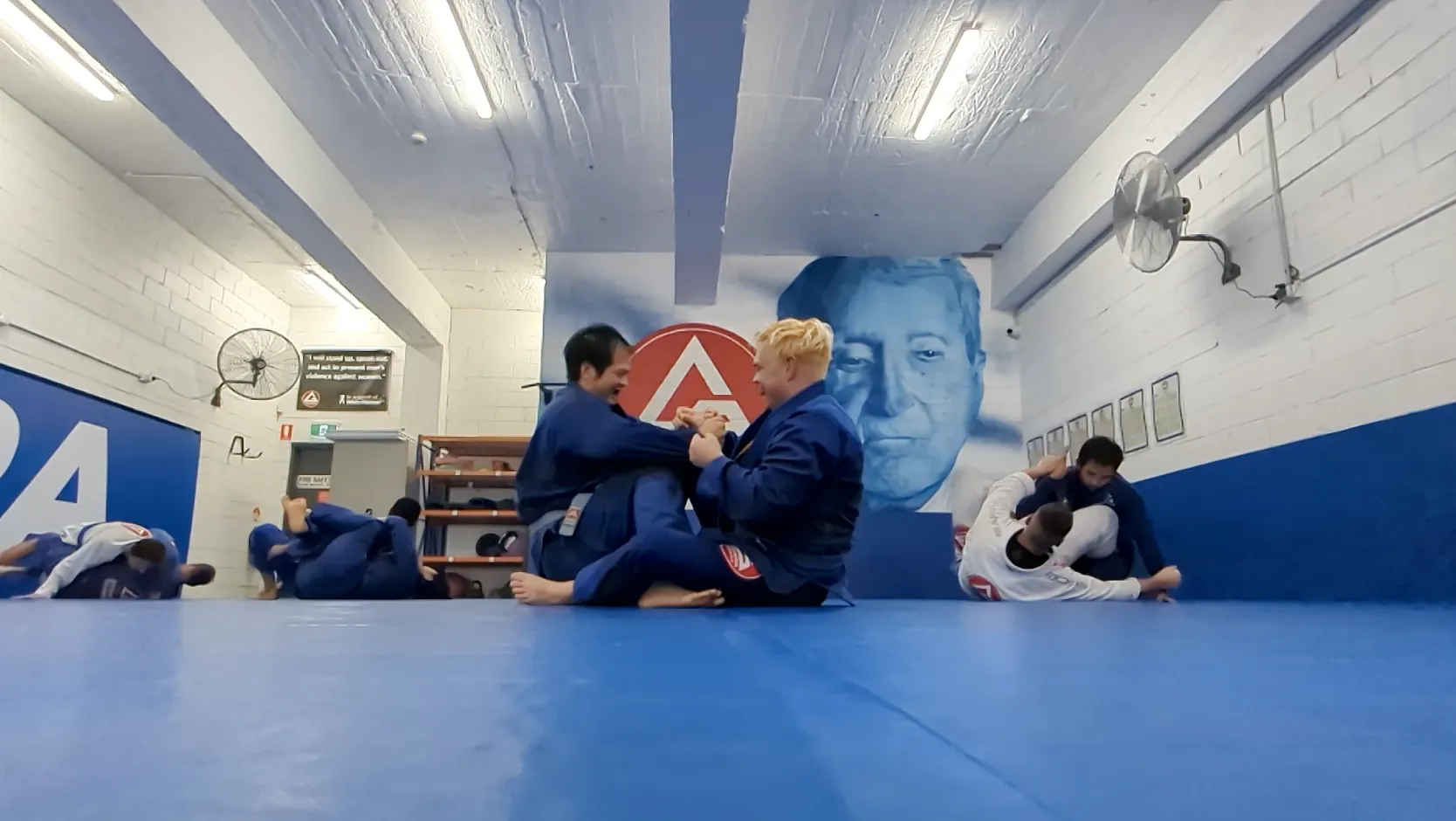Prioritizing Safety on the Jiu-Jitsu Mats: A Comprehensive Guide

Ensuring safety on the Jiu-Jitsu mats is paramount for an enjoyable and sustainable training experience. In an ideal world, every roll would be injury-free, and training partners would approach the art with respect and consideration. Unfortunately, the reality is that accidents happen, and navigating the diverse personalities in a martial arts gym requires a keen awareness of potential risks. This blog post aims to delve into the intricacies of maintaining safety on the Jiu-Jitsu mats, providing practical insights and tips for practitioners.
Navigating Rough Training Partners:
Identifying and Avoiding Rough Individuals:
- Recognize training partners who exhibit excessively rough behavior.
- Exercise the right to decline rolls with individuals who pose a potential risk to your safety.
- Prioritize personal well-being over the pressure to roll with everyone.
Dealing with Size Disparities:
Exercising the Right to Decline Rolls:
- Evaluate the size difference between you and potential training partners.
- It's acceptable to decline rolls with individuals significantly heavier, as safety should be the priority.
- Occasionally challenge yourself but avoid compromising safety for the sake of experimentation.
Balancing Challenge and Safety:
- Roll with heavier partners occasionally to test your skills.
- Strike a balance between challenging yourself and ensuring your safety during such rolls.
Handling Existing Injuries:
Effective Communication:
- Communicate openly with training partners about existing injuries.
- Create an understanding environment where partners can adapt their approach to accommodate your condition.
Tapping Early and Often:
- Emphasize the importance of tapping out early during rolls.
- Tapping early prevents exacerbation of injuries and allows for a safer training experience.
Beyond the Mats:
Comprehensive Fitness Routine:
- Highlight the importance of supplementing Jiu-Jitsu with a comprehensive fitness routine.
- Encourage practitioners to stretch regularly and incorporate weightlifting to enhance overall strength and flexibility.
Prioritizing Recovery:
Quality Sleep and Nutrition:
- Stress the significance of quality sleep and a nutritious diet in the recovery process.
- Inadequate sleep and poor nutrition can compromise recovery, making practitioners more susceptible to injuries.
Ensuring safety on the Jiu-Jitsu mats requires a combination of awareness, effective communication, and a commitment to personal well-being. By navigating rough training partners with discretion, managing size disparities judiciously, and addressing existing injuries openly, practitioners can contribute to a safer training environment. Additionally, a holistic approach to fitness, including stretching, weightlifting, and prioritizing recovery through quality sleep and nutrition, fosters a resilient and injury-resistant body. In the pursuit of Jiu-Jitsu excellence, safety should always be at the forefront, allowing practitioners to enjoy a long and fulfilling journey on the mats.
